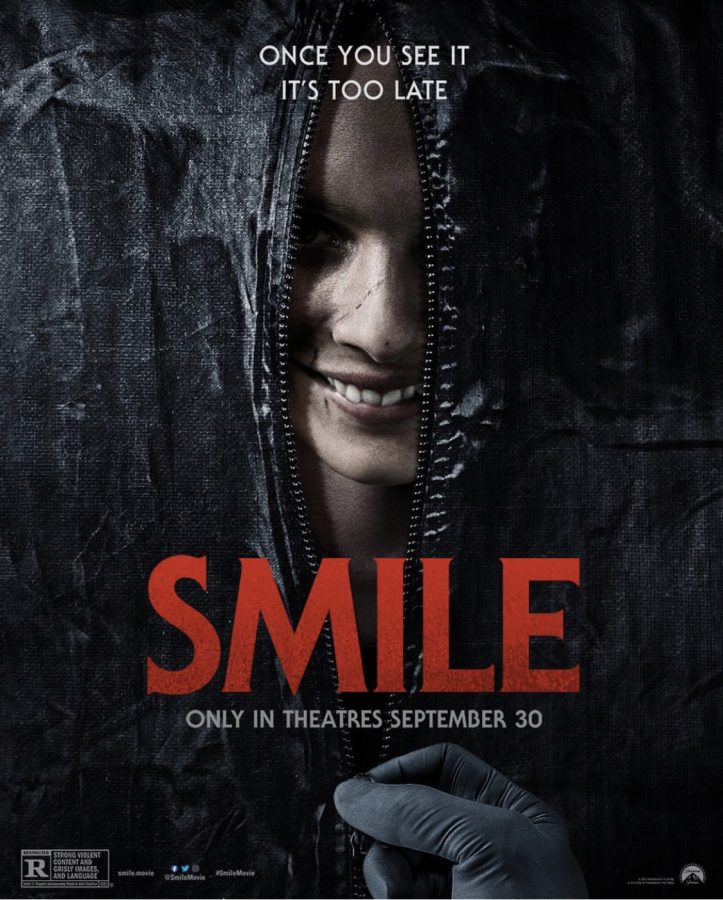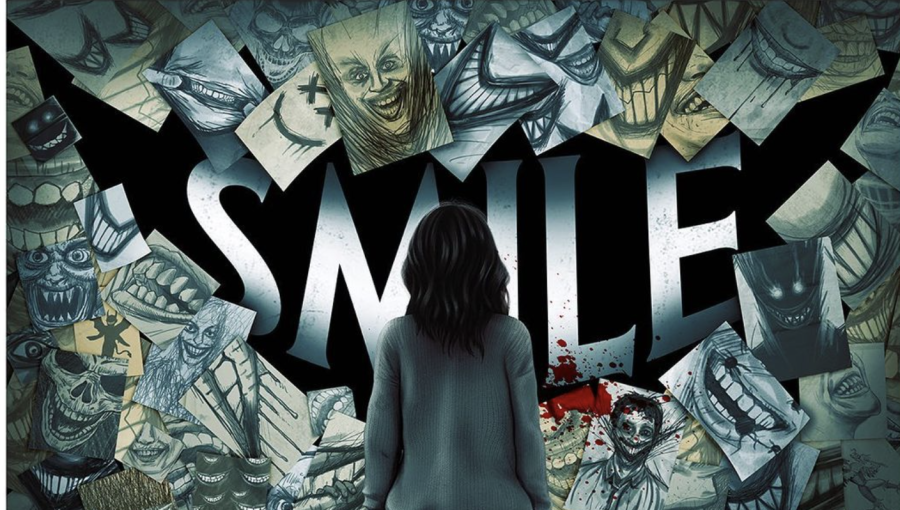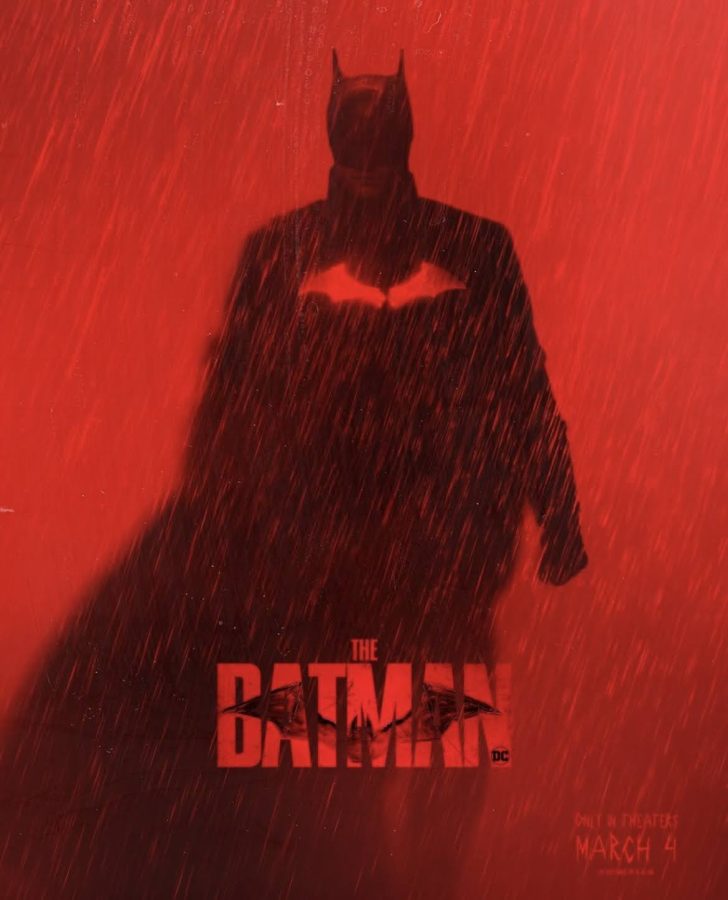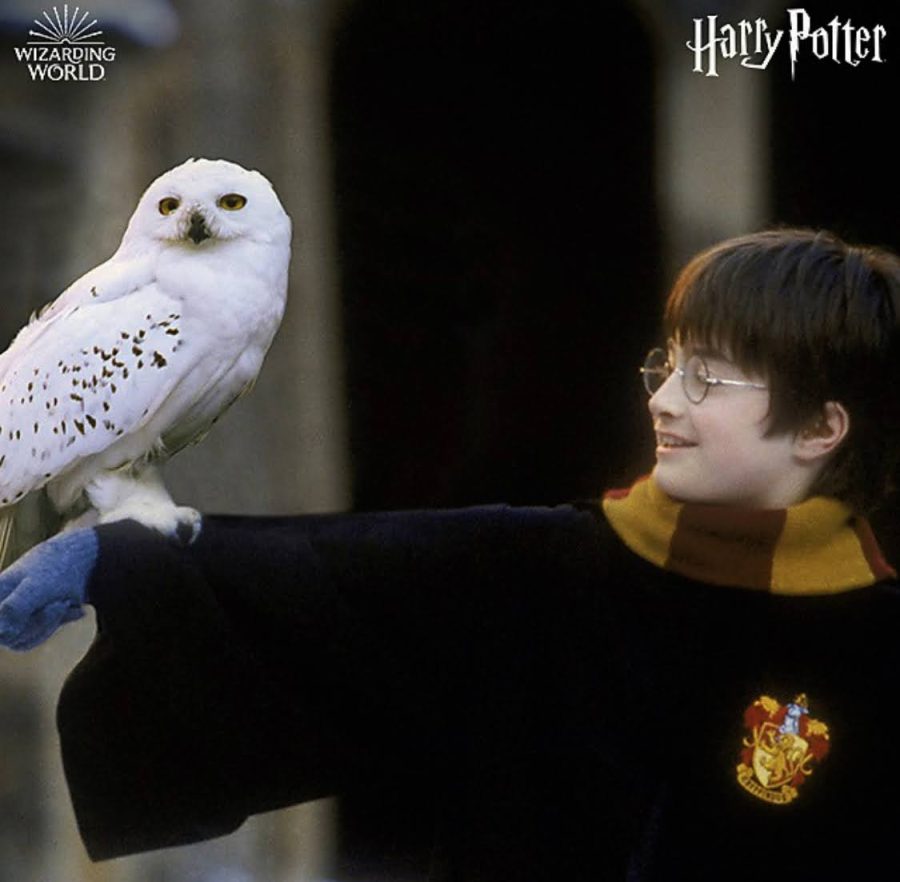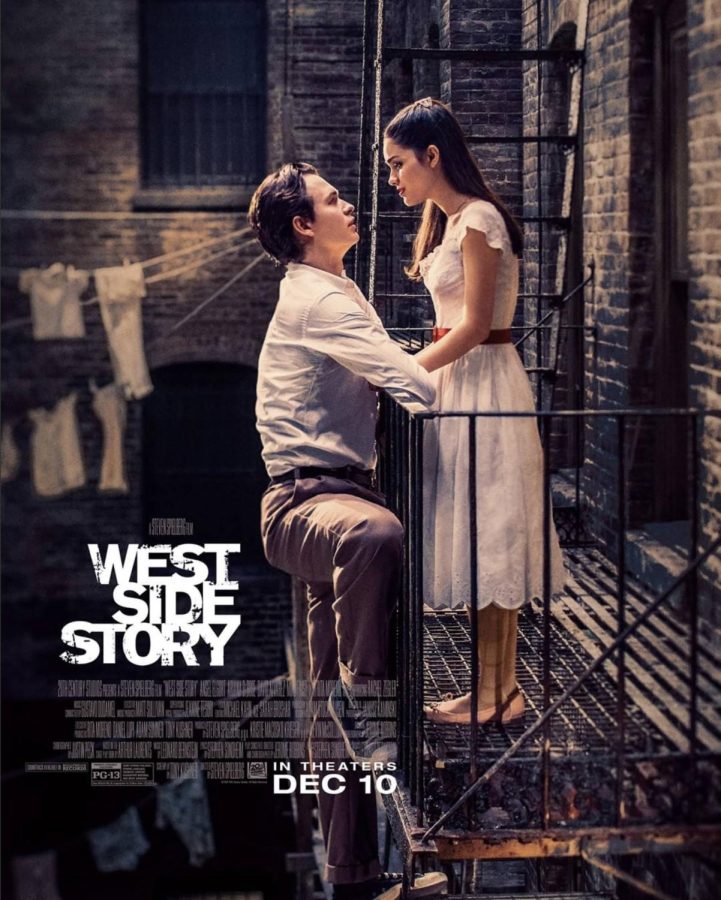In 2008, Twilight came out and started a trend of young adult novels being adapted for the big screen. Most notably are The Hunger Games films as well as Divergent and The Host.
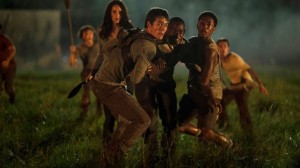
I, typically, am not a fan of these types of films, but every now and then, films like Catching Fire will come out and blow me away. While The Maze Runner certainly did not blow me away, it was a pleasant surprise.
The premise is simple: every month, a boy awakes inside an underground elevator that brings him up into a walled in field, known as “the glade.” They have no memory of anything before being placed in the glade, not even their own name.
The glade is surrounded by several hundred-foot walls, with one opening that closes at night. Yet, the opening leads into a large maze, in which the boys believe is their way out of the glade to freedom. The catch here is that at night, monstrous creatures known as grievers come out and kill anyone still in the maze.
Everything changes when a new boy, Thomas, is placed into the glade. He brings with him a curious spirit, for unlike the rest of the boys, he does not accept things the way they are and wants to change the system. Thomas is constantly thinking of ways out that no one else has thought of. While Thomas’ quest for truth is compelling on its own, the interesting aspect in the film is the social experiment in which the boys are the subjects.
There are no rules in the glade until one of the older boys, Alby, sets up a basic ethics based society.
Alby develops a civil commune in which there are rules and, conversely, consequences for breaking the rules. Yet when Thomas breaks the rules, the invisible hand controlling the glade and the maze starts to change the circumstances upon which their society is built, and the rules collapse as there is a power battle between the old regime and the new authoritarian regime, established by some other boys.
I have not read the book, but it seems that the author, James Dashner, was influenced by Hobbesian philosophy and, like William Golding did with Lord of the Flies, constructed a social experiment with children as the subjects.
In both books, the author hammers in that obedience is crucial for a society to function, but that is not to say The Maze Runner is the next Lord of the Flies.
This movie succumbs to a cliffhanger ending, screaming for a sequel which is inevitably going to be made. And there is no problem with that, as the ending left me highly anticipating one; I might even read the books, if I have time.
The only slight problem is that all of the really cool actions set up in the beginning are not on the same level as the ending. However, the ending is still satisfying, just not as much as one would hope.
From a technical point of view, the cinematography of the boys running through the maze looks very good, and the special effects done for the grievers looks very convincing, especially considering this film has a modest $30 million budget. The effects in this movie look better than those in The Amazing Spiderman 2, at least in my opinion, and that movie had a $200 million budget.
This is a very well done project that is suspenseful, well-acted, engaging, and refreshing in the middle of this three month stretch known as the dumping ground for movies.






